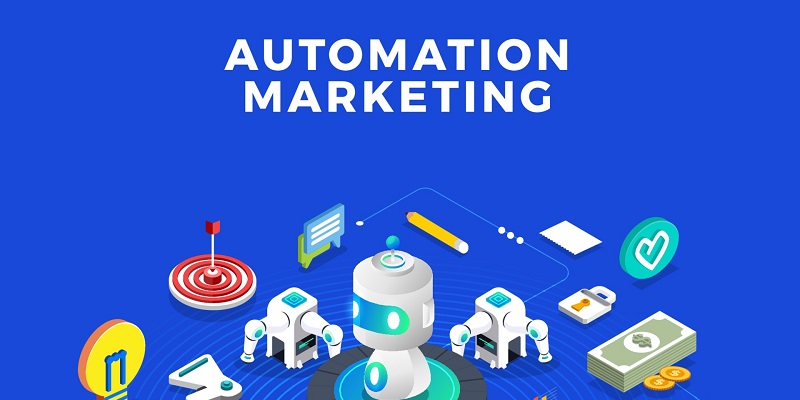Marketing tasks are essential to establish and maintain a business’s presence in the market. However, traditional methods require a significant amount of time and effort. In recent times, the use of marketing automation has become increasingly popular. In this article, we will explore what marketing automation is, its benefits, popular tools, goals, and tactics, making it much easier to engage with audiences and meet business objectives.
Benefits of Marketing Automation
One critical advantage of marketing automation is the ability to save time by streamlining workflows. By automating repetitive tasks and eliminating the need for manual intervention, businesses can focus their time and effort on strategy, analysis, and other essential tasks. The streamlined process also improves efficiency, resulting in a better return on investment.
Email Marketing Automation
Email marketing automation is a popular and effective way to reach potential customers. It is a process that involves sending relevant and personalized emails to subscribers at predefined intervals. Popular email marketing tools like Mailchimp, SendinBlue, and GetResponse offer a range of features, including automatic email sequencing, lead nurturing, and engagement tracking.
Social Media Marketing Automation
Social media automation platforms help businesses to schedule posts, track engagement, and analyze performance metrics. They offer various features such as organizing social media calendars, creating more content, generating leads, and connecting with the audience on various platforms. Popular social media marketing automation tools include Hootsuite, Buffer, and Sprout Social.
Customer Relationship and Sales Automation
Customer relationship management (CRM) and sales automation platforms help businesses to nurture leads and close deals. By automating tedious tasks like data collection, lead scoring, and pipeline management, businesses can focus on building relationships with their customers. Popular CRM and sales automation tools include Salesforce, HubSpot, and Zoho CRM.
E-commerce Marketing Automation
E-commerce businesses benefit from marketing automation, as it allows them to automate tasks such as cart abandonment reminders, personalized product recommendations, and customer segmentation. Popular e-commerce marketing automation tools include Shopify, WooCommerce, and Magento.
All-in-one marketing automation platforms offer a wide range of features that help businesses streamline all their marketing tasks in one place. These platforms offer features like email marketing, social media management, customer relationship management, and lead generation and nurturing. Some popular all-in-one marketing automation platforms include Marketo, ActiveCampaign, and SharpSpring.
The goals of marketing automation are commonly lead generation and nurturing, increasing customer engagement, improving efficiency and productivity, gaining better data insights and campaign measurability, and improving sales revenue and ROI.
Tactics for Successful Marketing Automation
To achieve successful marketing automation, businesses must choose the right tools and tactics. This includes setting clear objectives, choosing the right platform, auditing their processes, and continuously testing and optimizing campaigns. It is also crucial to personalize content, and keep communication channels open and transparent.
Getting started with marketing automation is simple. Businesses must first identify their marketing goals and choose the right automation platform that meets their requirements. After choosing the platform, it is vital to audit the existing processes and incorporate automation tactics into tasks to streamline workflows. Finally, businesses should continuously test and optimize their campaigns to achieve the desired results.
Marketing automation has revolutionized the way businesses operate by streamlining marketing tasks and improving efficiency and productivity. By choosing the right automation platform and adopting effective tactics, businesses can achieve their marketing goals and increase their ROI. As competition continues to increase in the market, marketing automation is now more critical than ever in helping businesses succeed.

